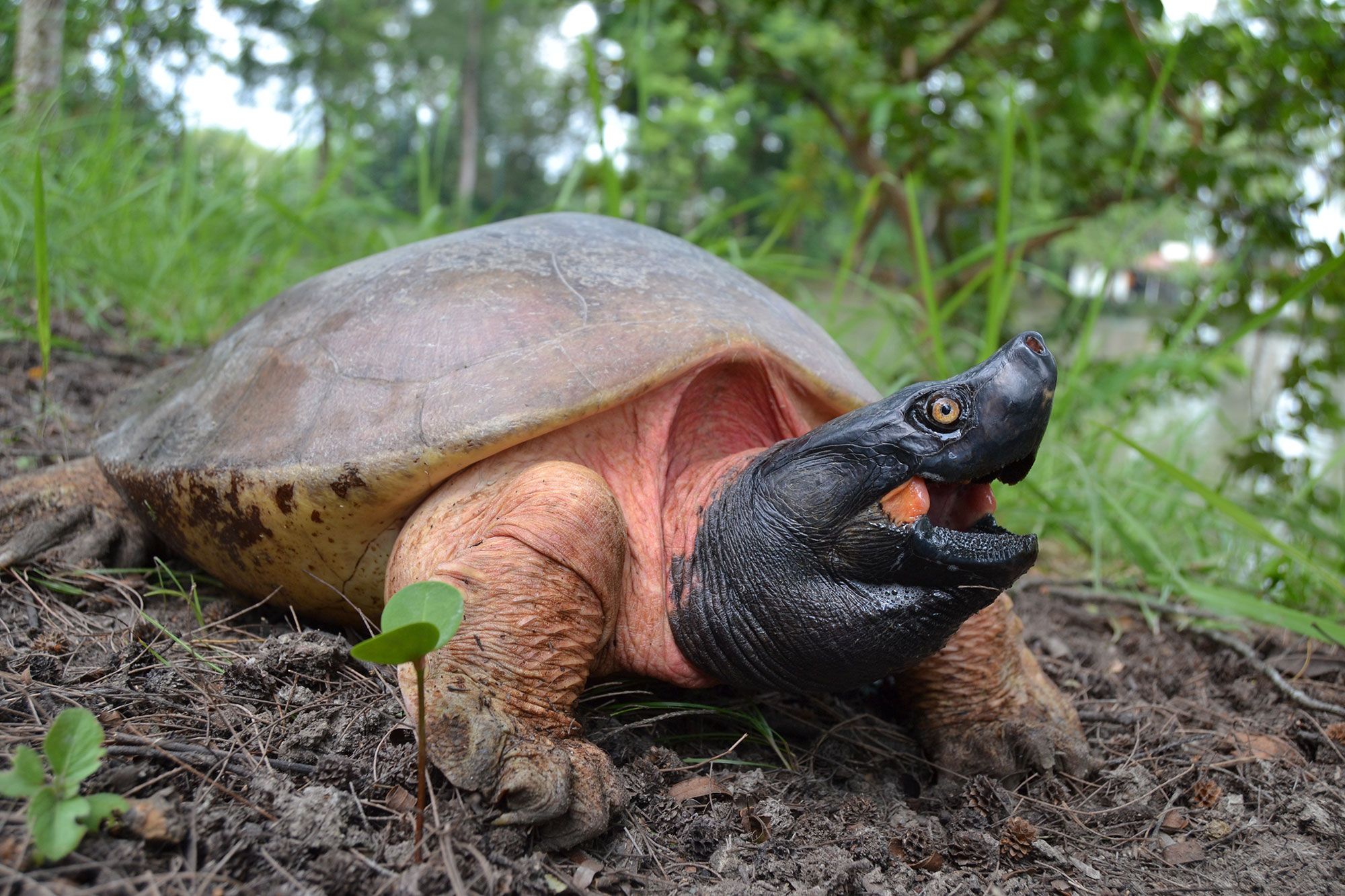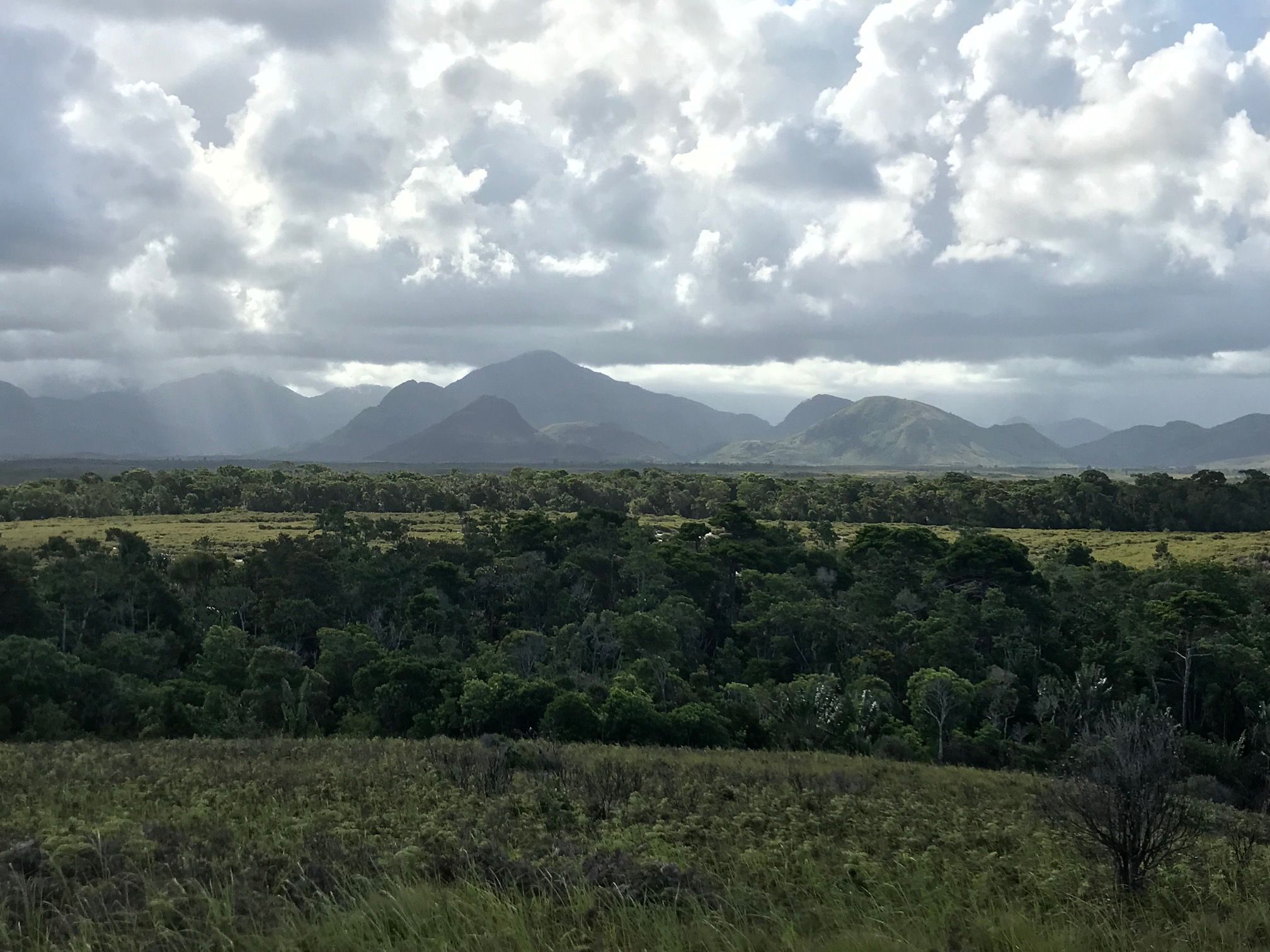The endangered northern river terrapin On the north-eastern coast of India, in a region known as the Sundarbans, the team have been working hard to bring the Northern river terrapin population back from the brink. Considered functionally extinct in the wild – in other words, without help they won’t survive – reintroducing captive bred animals …
Read article...Hi, I’m Laza, I am the new Ala Project Coordinator at SEED Madagascar. I am very pleased to join the SEED Madagascar environment team and I feel lucky to be a part of this project. I am excited to work within the forestry project to protect the beautiful fauna and flora of Madagascar’s Littoral Forest …
Read article...Press and media
For all media enquiries please contact Jane Bevan or Adela Cragg at Firebird Public Relations on 01235 835297 or email ac@firebirdpr.co.uk.


